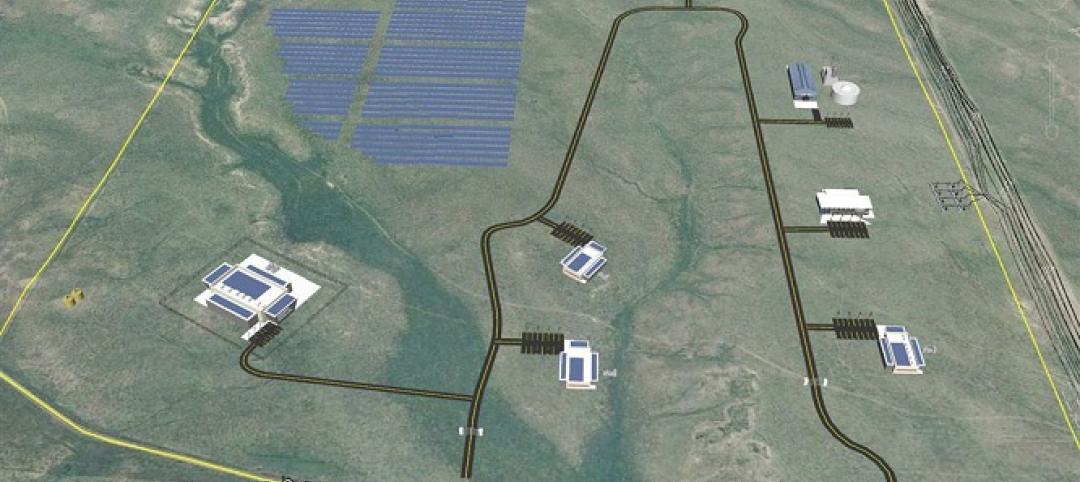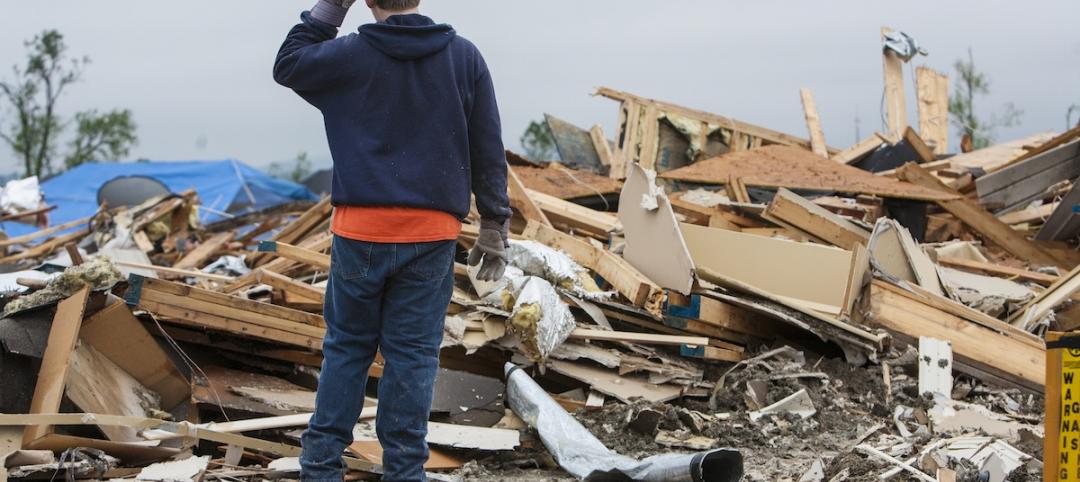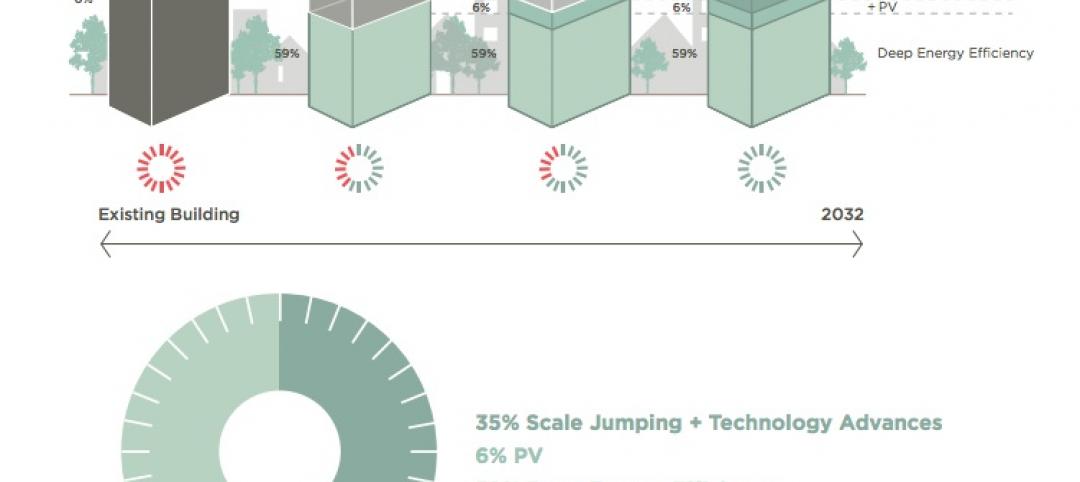The Eugene, Ore., City Council recently passed an ordinance aimed at steeply reducing energy consumption and greenhouse gas emissions. The city of 158,000wants to reduce community-wide greenhouse gas emissions 10% below 1990 levels by 2020, and reduce fossil fuel use by 50% by 2030.
Eugene is developing an energy inventory for its entire economy. After that is completed, it will consider voluntary energy-saving measures in the private sector, such as easier permitting for energy-efficient construction and energy performance scores for commercial buildings. The city will also consider other measures like commercial food-waste composting in restaurants and grocery stores to reduce methane emissions from landfills.
Eugene has made significant progress in reducing emissions recently from transportation without any concerted plan. Transportation emissions have dropped 2.5% per year since 2010, despite some population growth. This is largely due to economic and cultural shifts: the recession, the rise of telecommuting, online shopping and entertainment, transit, biking, more efficient cars, and higher gasoline prices. The city has encouraged these trends by improving bus service and developing a master plan for sidewalk and bike path improvements.
City government has rejected hard caps on emissions to date, focusing instead on voluntary measures and incentives for the private sector.
(http://grist.org/climate-energy/what-can-small-cities-do-to-fight-climate-change/)
Related Stories
| May 22, 2014
ASHRAE releases best practice guide for liquid cooling systems in data centers
The publication provides guidelines on interface requirements between chilled-water systems and technology cooling systems and on the requirements of liquid-cooled systems that attach to a datacom electronics rack.
| May 22, 2014
Colorado approves $4.2B data center said to be invulnerable to power outages
The Niobrara Data Center Energy Park project in Colorado will be the first data center to be fully self-contained with its own self-generated energy production facility.
| May 22, 2014
Energy Department analysis shows efficiency gains from ASHRAE 2013 energy standard
Preliminary DOE analysis shows that the ASHRAE/IES’s 2013 energy efficiency standard contains energy savings over the 2010 standard of 8.5% source energy and 7.6% site energy.
| May 22, 2014
Federal disaster policy should focus on mitigation, insurance group says
Federal disaster policy should shift its focus toward mitigation in order to reduce future disaster costs, the National Association of Mutual Insurance Companies says.
| May 22, 2014
Study quantifies cost premiums for net zero buildings
The 73-page report breaks down the incremental cost premiums for transforming three LEED Platinum-designed buildings into net-zero energy, net-zero water, and living Buildings.
| May 22, 2014
Senate kills bipartisan energy efficiency bill over Keystone pipeline amendment
The legislation focused on energy efficiency standards such as water heaters with smart meters and cheaper heating and cooling systems for office buildings.
| May 19, 2014
Construction skilled-worker shortage causing rise in claims
The improved economy has boosted construction starts, but a shortage of experienced trade workers has led to more on-the-job injuries and construction defects.
| May 15, 2014
AISC Prequalified Seismic Moment Connection standard update now available
The AISC standard Prequalified Moment Connections for Special and Intermediate Steel Moment Frames for Seismic Applications (ANSI/AISC 358-10) has been updated with a second supplement, ANSI/AISC 358s2-14.
| May 15, 2014
ConsensusDocs releases new agreements for contractors who hire consultants
ConsensusDocs has released the new ConsensusDocs 746 Constructor & Geotechnical Consultant Agreement and the 747 Constructor & Consultant Agreement.
| May 8, 2014
Report: Top storm-resilient cities have high adaptive capacity
The most resilient cities in the world, including five in the U.S., have attributes that would enable them to recover better than others from devastating natural disasters.














